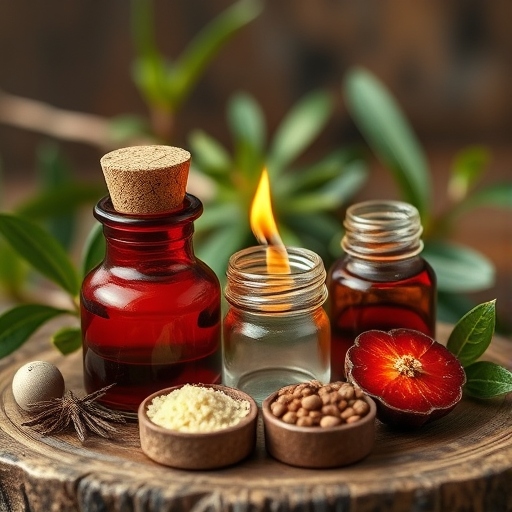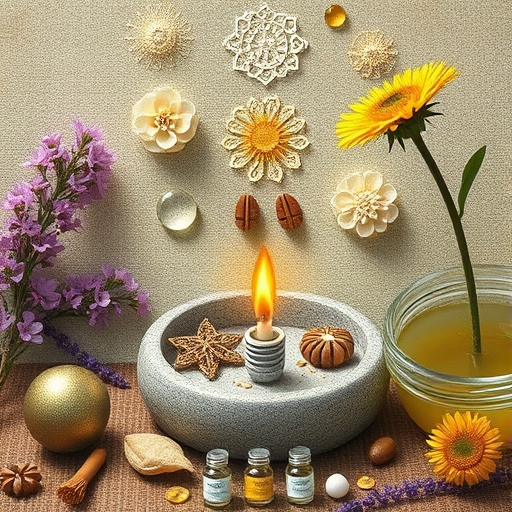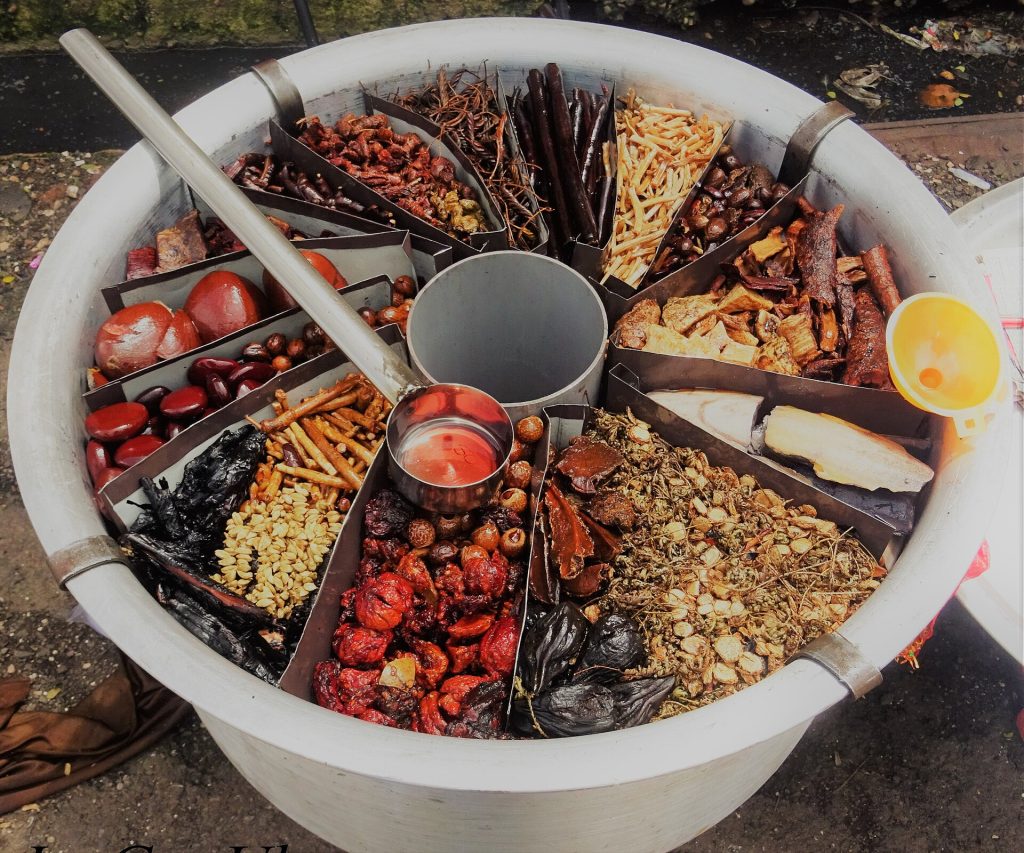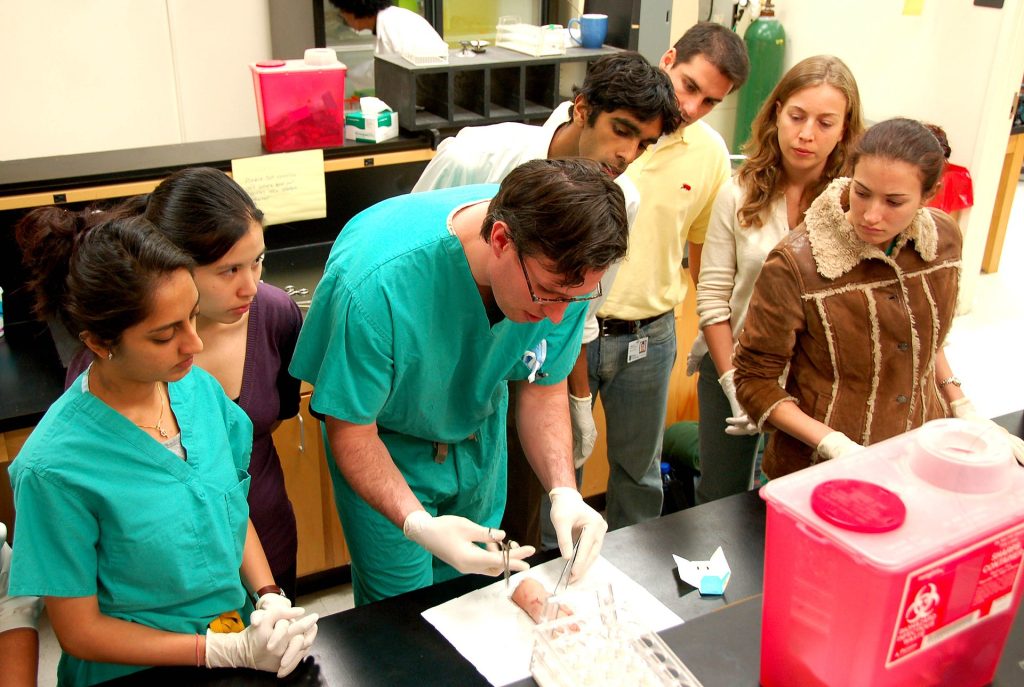Healing Havens: Unveiling Ancient Tapestry of Traditional Medicine in India

Where Ancient Wisdom Meets Modern Wellness
India is home to some of the world's oldest and most revered traditional medicine systems. From the holistic approach of Ayurveda to the ancient healing practices of Siddha and Unani, this incredible nation is a treasure trove of ancient wisdom and natural remedies. Get ready to embark on a captivating journey through the healing havens aka the path of traditional medicine in India, where every herb, every practice, and every tradition holds the key to unlocking the secrets of holistic well-being.

Table of Contents
- A Walk Through the Medicinal Trail
- Embracing the Holistic Approach
- Technology’s Modern Approach to Traditional Medicine
- Quality Control and Standardization
- Modern Scientific Validation
- Global Recognition and Integration
- Preserving the Legacy of Healing
A Walk-Through India’s Medicinal Trail
Ayurveda – The Science of Life
Welcome to the ancient science of Ayurveda, a system of medicine practised in India for over 5,000 years. In this blog, you will find the intricate knowledge of herbs, spices, and natural remedies that form the foundation of this age-old tradition.
We live in a world where wellness is not just a fleeting pursuit, but a way of life deeply rooted in the harmony of mind, body, and spirit. Ayurveda provides a path to achieve all three, with the fascinating concept of "tridosha".

It’s the three doshas—vata, pitta, and kapha—that govern our physical and mental well-being with Ayurvedic practices aiming to restore balance and harmony within the body.
Siddha: The Mystic Healing Tradition
The southern realms of India boast of Siddha. It’s an ancient system of medicine that was practised in this region for centuries.
Siddha is a mystical blend of physical, psychological, and spiritual healing techniques that form the cornerstone of this tradition. From the use of herbal concoctions and mineral remedies to the practice of yoga and meditation, this system offers a holistic approach to well-being. Not only is this ancient tradition rooted in the principles of balance and harmony, but it also holds deep spiritual significance with many Siddha practitioners believed to have attained supernatural powers through their mastery of this healing art.

Even though many individuals link traditional Indian medicine with herbs, there is an ancient technique known as "Bhasma Aushadhi" that utilizes purified metals and minerals. In Tamil Nadu, Siddha practitioners continue to possess the expertise in transforming gold, silver, and mercury into healing forms using an intricate 18-step purification technique known as "Shodana." A very uncommon preparation, known as "Swarna Bhasma" (purified gold), was exclusively used by royalty due to its remarkable strength. Recent research revealed that these metal-based remedies include nanoparticles, demonstrating that ancient healers were far ahead of modern nanotechnology.
Unani – The Healing Wisdom of the Greeks
The rich tapestry of Unani medicine traces its roots back to the ancient Greek philosophies of Hippocrates and Galen. Natural remedies, herbal formulations, and dietary practices are the prominent factors that form the foundation of this tradition. Unani medicine offers a holistic approach to healing, emphasizing not only treatment but also preventive measures, a balanced lifestyle, and the use of natural substances to support optimal health.

The Healing Power of Herbs and Spices
No exploration of India's traditional medicine systems would be complete without delving into the aromatic world of herbs and spices. The incredible healing properties of plants like turmeric, Ashwagandha, and Amla, have been revered in traditional medicine for centuries.

Traditional healers knew a lot about using plants and natural items to help sick people. They learned and practised these skills from their gurus for years and when it was time, passed it on to their family’s descendants. Even today, some of these old methods help us make modern medicines.
Embracing the Holistic Approach
As you delve deeper into the history of traditional medicine in India, you'll be struck by the profound wisdom and holistic approach that underpin each tradition. From the emphasis on balance and harmony to the integration of physical, mental, and spiritual well-being, these ancient practices offer a comprehensive approach to wellness that is often lacking in modern medicine.
Technology’s Modern Approach
In this current digital scenario with its dynamic developments and inventions, machine learning and artificial intelligence have proved to be handy as they help in the analysis of hundreds and thousands of ancient medical texts and manuscripts. These technological innovations decode complex and dynamic herbal formulations, which identify potential drug candidates from traditional remedies. The emergence of ancient wisdom with modern technology has opened new frontiers in drug discovery and therapeutic applications, as these technologies are now being used to standardize herbal preparations. These ensure consistency and quality altogether in traditional medicine practices.
Quality Control and Standardization
The establishment of quality control standards and certification processes are considered as one of the most significant developments in traditional medicine in India. To effectively identify and qualify active compounds in herbal preparations, which eventually leads to better and more advanced standardization and quality assurance, advanced analytical techniques are being used. GMP, or Good Manufacturing practices, are implemented in the production of traditional medicines, which will ensure safety and efficacy.
Modern Scientific Validation
The blending of traditional medicine in India with modern healthcare has caused a revival in medicinal research. Well-known institutions worldwide are conducting extensive research to verify traditional methods with modern scientific tools. Recent research carried out at respected universities has demonstrated the efficacy of Ayurvedic plants such as Brahmi (Bacopa monnieri) in improving memory and cognitive abilities. Combining traditional formulations with standard treatments for chronic conditions like diabetes and arthritis has shown positive results in clinical trials.

Global Recognition and Integration
In recognition of the important role that the systems of traditional medicine in India plays in world healthcare; the World Health Organization has developed a Traditional Medicine Strategy. Ayurvedic and other traditional Indian treatments have been incorporated into alternative medicine programs in nations including the US, Germany, and Switzerland. As a result of this expanding global acceptance, dedicated research centres and clinical facilities have been established all over the world, promoting innovation and cross-cultural medical interchange.
Preserving the Legacy of Healing
The systems of traditional medicine in India are not just relics of the past; they are living embodiments of a rich legacy of healing and holistic well-being. It is our collective responsibility to preserve and promote these ancient traditions, ensuring that the wisdom and knowledge of our ancestors continue to guide us towards a path of wellness and balance. By embracing and supporting these healing havens, we can not only safeguard our cultural heritage but also contribute to the global pursuit of holistic health and wellness.